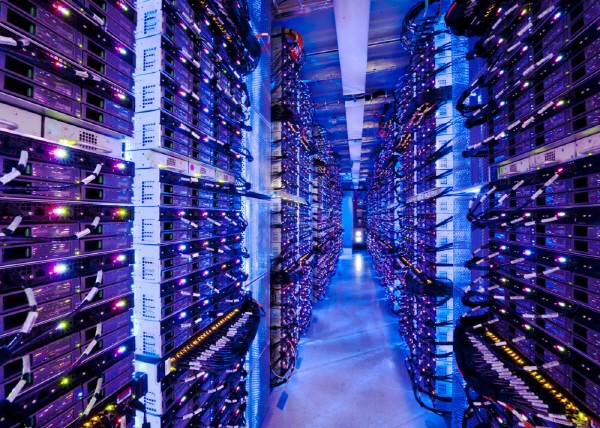Industry urges review of 'Energy distribution policy'
"Forcing the industry to sacrifice against market logic"
When reflecting the life cycle, an additional 19.3 trillion KRW is required
Lower corpo

The data center industries are raising their concerns, saying that the cost of moving to rural areas according to the government's energy distribution policy would increase by up to 960 billion KRW year. They are requesting a policy review so as not to lead to a one-sided sacrifice for the data center industry.
On the 5th, the Korea Data Center Council issued a statement on the 'Energy Distribution Policy and the Proposal of a Special Act that impede the sustainability of the data center industry'.
The government and the National Assembly recently announced and proposed the ‘Energy Distribution Activation Promotion Strategy' and the 'Special Act on Energy Distribution' (proposed by Assemblyman Seonghwan Kim’s office).
The industry is concerned about is the 'power system impact assessment' contained in policies and initiatives. When the government determines the target area for the power system impact assessment, and operator who intends to use more than a certain amount of electricity in that area need to conduct an assessment and obtain approval from the energy authorities (Ministry of Trade, Industry and Energy).
The industry is saying that it is a direct issue that affects the data center industry, where electricity is a key resource, and in fact, it is a policy to prevent new construction of data centers in the urban area and move data centers to rural areas. The federation said, "We agree with the purpose of the energy distribution policy in the urban area," and said, "However, enormous damage is expected to the data center industry." to recommend review of power system impact assessment.
According to the regulations, the industry predicted that when one data center is moved to an area outside the urban area (about 100 km), the line fee will increase by about 5 billion KRW per year. Assuming the industry as a whole, the data centers line fee to be built in the future will increase by 960 billion KRW every year, and if the data center life cycle (20 years later) is reflected, it will cost an additional 19.3 trillion KRW.
The federation said, “The increase in line cost will lower the profitability of data center tenant companies and increase the burden on customers using the online service provided by the tenant companies. The number of data centers that consume energy inefficiently will increase as only the construction of small data centers that are less than the target standard for power system impact assessment will increase.”
The industry is arguing that the relocation to rural through government regulation goes against the logic of the market and forces only the industry's unilateral sacrifice.
According to the industry, the rural distribution of data centers is already slowly progressing. Data centers are spreading to some areas such as Pyeongchang, Saemangeum, Busan, and Suncheon.
In the Energy Distribution Special Act, only the obligations of businesses subject to evaluation were specified, and the distributed energy revitalization strategy briefly specified only partial support or temporary special rates.
It is known that even in developed countries, issues related to power transmission and distribution are occurring due to the concentration of data centers in specific regions. △Incentives such as providing an industrial complex equipped with electric power and communication near power-congested areas (Netherlands, Ireland) △Issuing subsidies for data centers relocating to rural areas (Japan) △Including data center demand in the national power plan and additional investment in transmission lines (Singapore, Ireland) central policy is being pursued.
“Even though the proposed law included strong punishment clauses such as suspension of construction, imprisonment, and fines, there was no official gathering of opinions from the industry during the policy making and proposal process,” said Joonghyeop Kang, president of the Federation, and also said, “I hope that they will come up with an alternative where energy distribution policies and the data center industry coexist through reasonable and systematic procedures and agreements.”
The Federation sent its opinions to the Ministry of Trade, Industry and Energy and the National Assembly. An official from the Ministry of Trade, Industry and Energy said, “Even under the current system, if you want to build a data center that is a large-scale power demander, you need to consult with the Korea Electric Power Corporation. We are only recommending to make strategical analysis to build a new data center, but not to move them to rural areas.”
To build a data center, it is a concept that operators should review their strategy, not to a non-metropolitan area.
By Staff Reporters Jisun Kim (river@etnews.com), Sanggeun Byun (sgbyun@etnews.com)